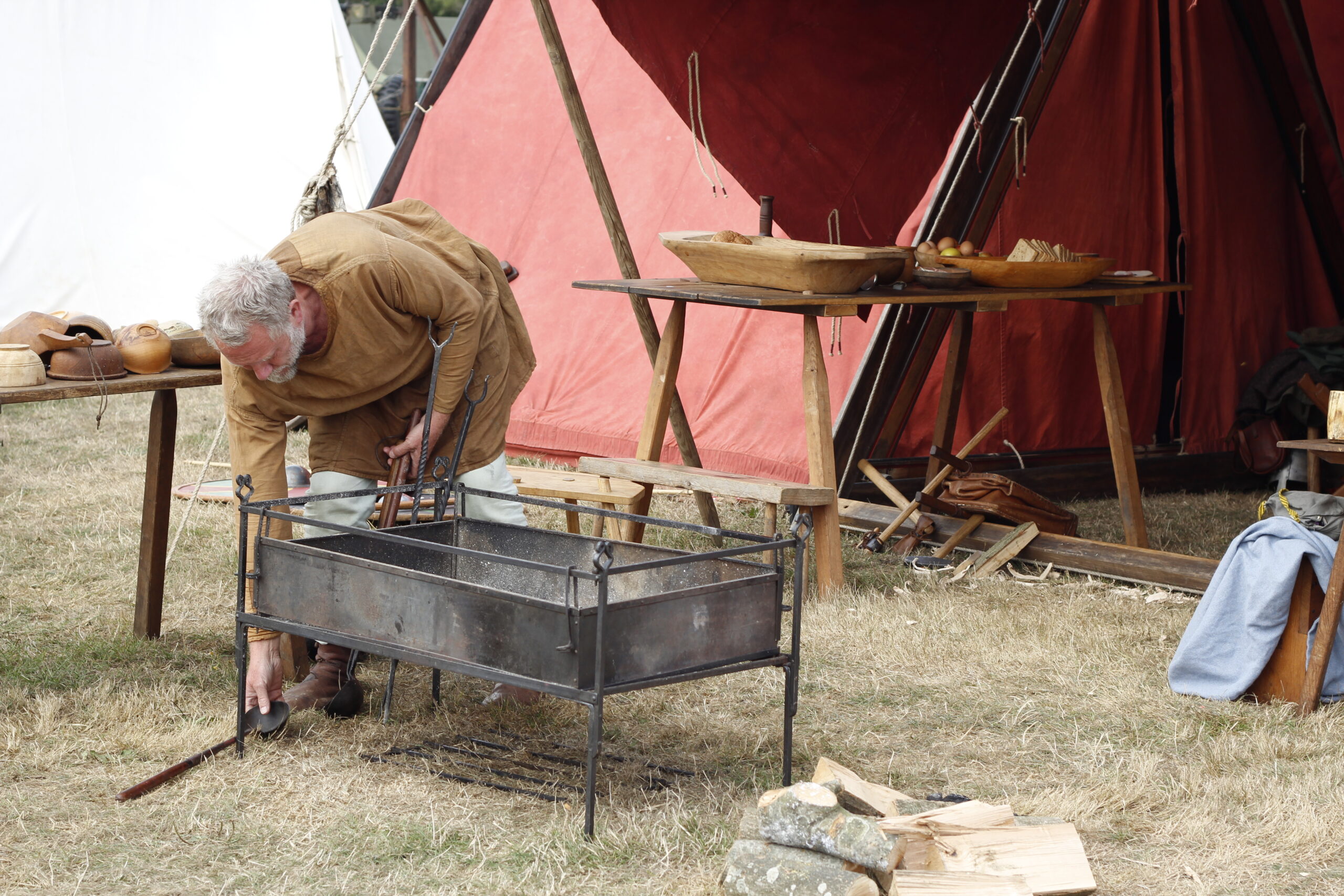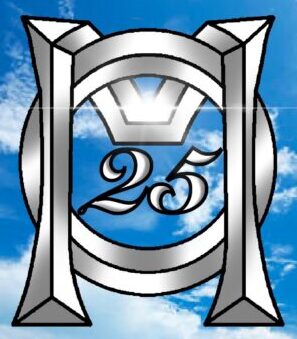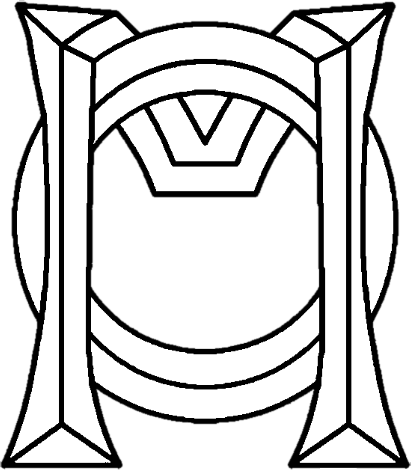Ancient
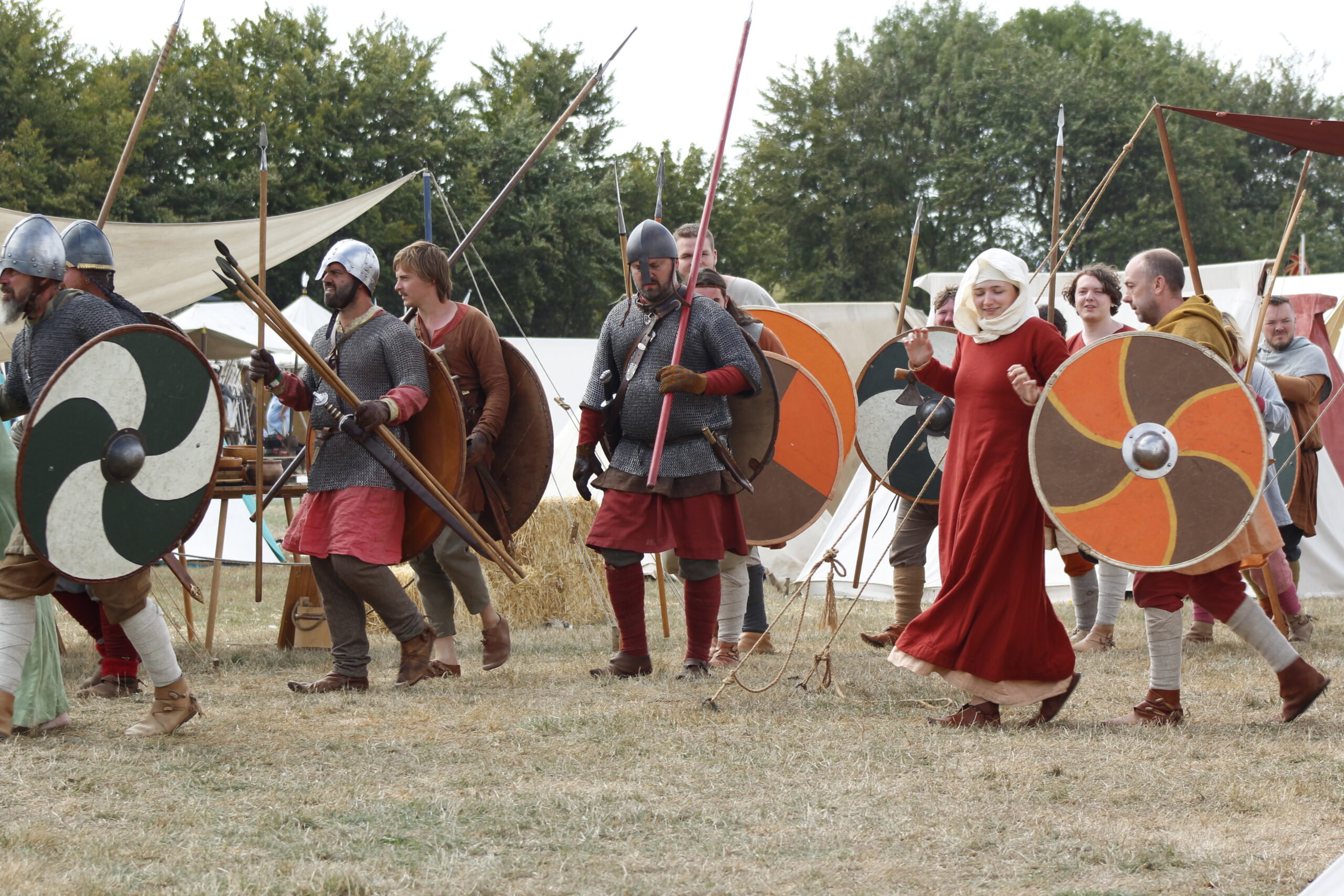
Ancient
The ancient Roman period is dated between 753 BC and 400 AD and was established from a small settlement by the River Tiber. The settlement grew into a city named Rome. In the beginning, Rome was ruled by kings and led by seven kings before it changed into a republic. Rome as the Republic began in 510 BC and had a political and social construct focused on class division. The structure divided people into the elite group, which comprised senators and knights, and the rest were grouped as ordinary people. The class division saw to it that power and ruling went to the elite group while the rest were under their rule. Once in a while, the Republic would choose a dictator to lead them in conflict and challenging times.
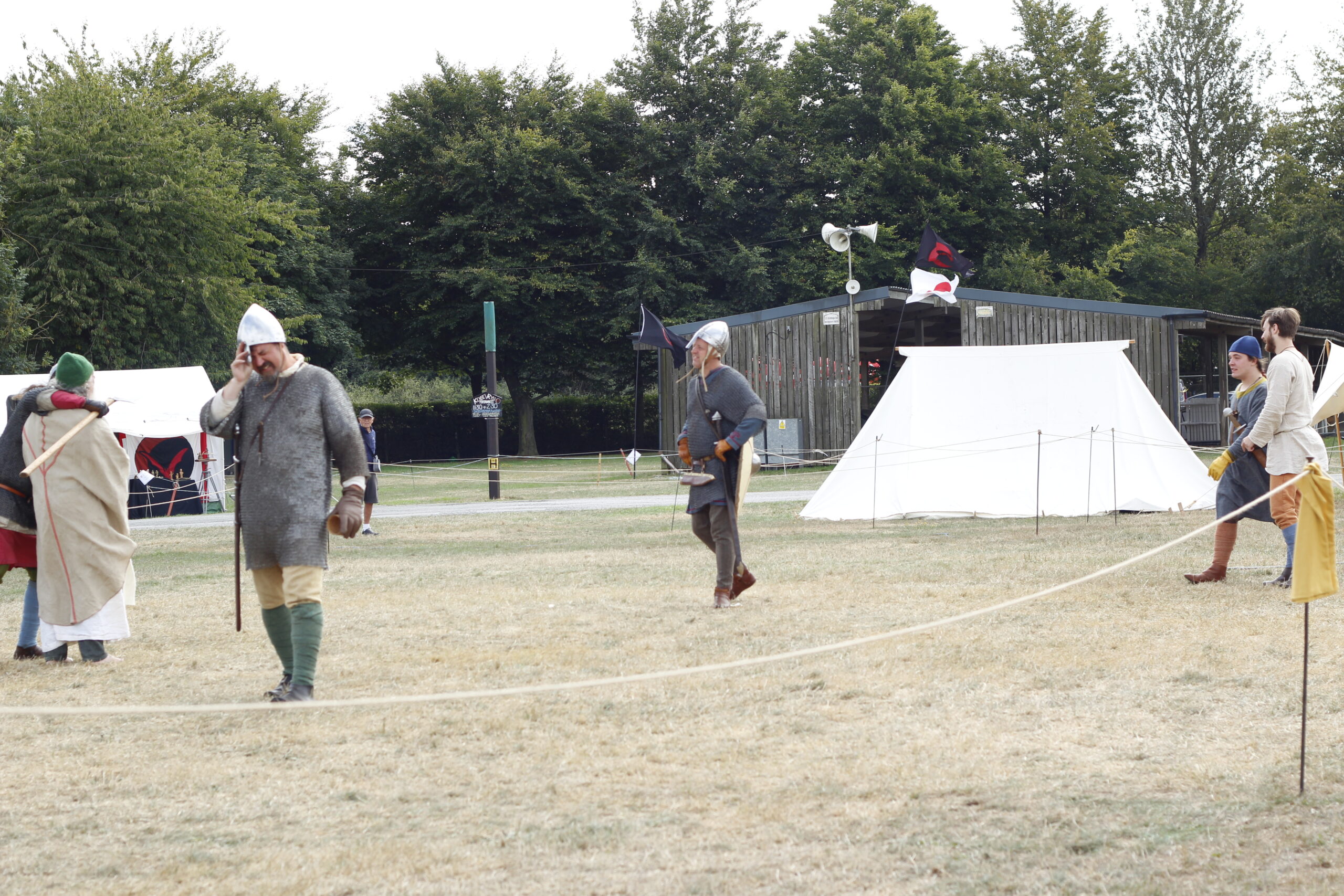
There were also economic issues that contributed to the downfall of the empire. The increased slave labor, afforded mainly by the elite, created an economic imbalance affecting the familiar farmers who could not afford slave labor. These farmers had to pay high rates for labor, yet they were already at a financial disadvantage compared to the wealthy elite. The farmers ended up selling their lands to the elite, who could afford free labor and produce products on large scales. The economic imbalance led to the loss of assets and jobs for the lower class while the rich continued to acquire more wealth. Another reason attributed to the empire’s fall was greed among the elite. The senators and other elites who had accumulated massive wealth lived extravagant lives at the expense of the empire’s revenues.
